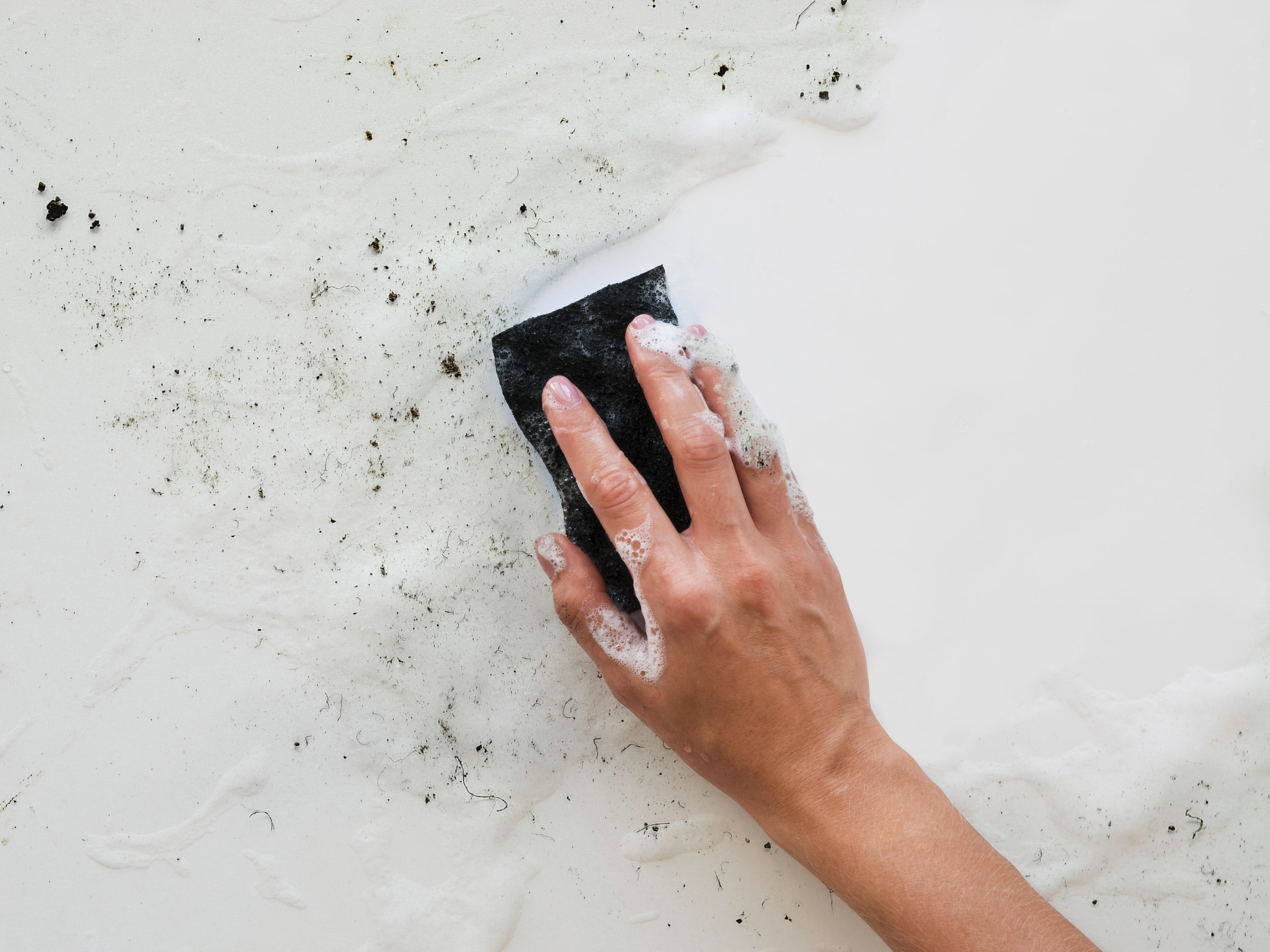Sudden vs. Gradual Damage
While most homeowner's policies will pay for repairs after an unexpected or sudden water leak, they will not pay for repairs after a slow leak. The repairs to water damage caused by an unexpected pipe burst or a water heater failure will most likely be covered by your insurance. Even so, the majority of policies will not pay out if water has been seeping behind a wall for months and the damage has been steadily increasing. Differentiating between unexpected occurrences and persistent problems that regular upkeep could have avoided is crucial.
Plumbing System Coverage
When the leak is unexpected and unintentional, most homeowner's insurance policies will pay for the repairs. Some examples of this are appliances that overflow, malfunctioning water heaters, and pipes that rupture. In most cases, your insurance will pay for the water damage to your house and possessions that results from a leak, but fixing the plumbing fixture or appliance that leaked is usually not covered since it is seen as a maintenance issue.
Roof Leak Considerations
What caused the roof leak determines the coverage. Your insurance will probably pay for the roof repairs and any water damage to your inside if a covered risk, like a windstorm, damages your roof and water gets inside. Nevertheless, the majority of plans will not pay out if the leak is caused by a poorly maintained or old roof. Additional coverage beyond that of ordinary policies is available from some insurance companies in the form of endorsements tailored to roof leak damage.
Restrictions and Disclaimers
No matter how quickly certain kinds of water damage happen, standard exclusions still apply. Water seepage from underground sources, sewage backups, and floods are common examples of such disasters. Additionally, most insurance does not cover damages caused by carelessness or improper home maintenance. While limited mold coverage may apply in the case of a covered unexpected leak, mold emerging from long-term moisture problems is typically not covered.
Reporting and Documentation
Take pictures and videos of the leak and the damage it caused right away to increase your chances of getting coverage. Do not delay in reporting the claim; doing so may prevent claim denials. To prove that the leak wasn't slow and steady and that you acted quickly to stop it, you need to have some evidence of this.
Policy Enhancements
Water backup coverage, service line coverage, and scheduled personal property coverage are some additional endorsements that can be considered for greater protection in the event that water damages important objects.


